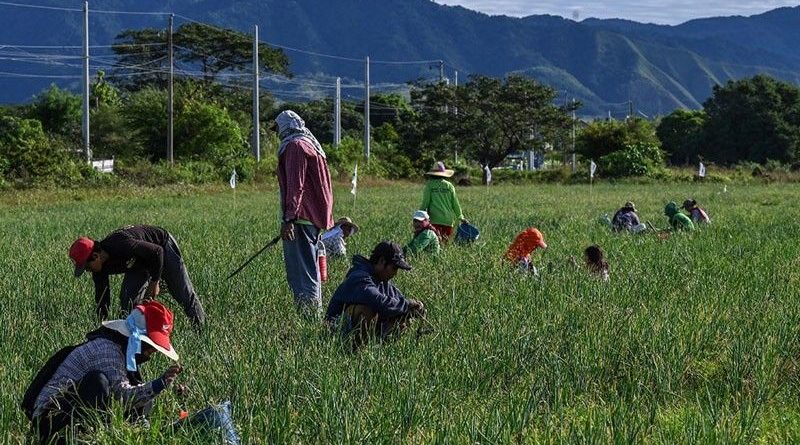HEADLINE | Philippines writes off US$1 billion in farmer debt to boost food production

MANILA, Philippines — Philippine President Ferdinand Marcos on Friday wrote off $1.04 billion in land-related debt owed by more than half a million farmers, a move aimed at boosting food production.
The “New Agrarian Emancipation Act” he signed into law waived all property-related debt owed by farmers who had been given land on 30-year payment terms under a 1988 land reform programme, but had been unable to pay.
“We know these farmers do not have the means to pay this huge debt. So putting it under the government’s tab is the right thing to do,” Marcos said at a signing ceremony at the presidential palace.
The writing off of the loans, which were issued by government banks, meant “we are doing everything in order to feed our people”, he added.
Under a law passed about a year after Marcos’ father and namesake was toppled in a bloodless “People Power” revolt in 1986, about 4.8 million hectares (11.9 million acres) of plots weredistributed to almost three million landless farmers.

The total was equivalent to 16 percent of the country’s land area.
Congress passed the new legislation because nearly 1.2 million hectares of redistributed farmland had gone unpaid for, with the farm sector’s contribution to the country’s economic output shrinking.
The write-off will benefit more than 610,000 land reform beneficiaries but will cost the government 57.65 billion pesos ($1.04 billion), Marcos said.
The government will spend another 206 million pesos to compensate landowners whose properties were transferred to tenants, he added.
“We need to revitalise the agriculture sector,” said Marcos, who is also the agriculture minister.
After his election last year, the archipelago nation was wracked with shortages and soaring prices of farm commodities, including onions and sugar, while imports of rice, a food staple, also surged.


 Memento Maxima Digital Marketing
Memento Maxima Digital Marketing Memento Maxima Digital Marketing
Memento Maxima Digital Marketing






